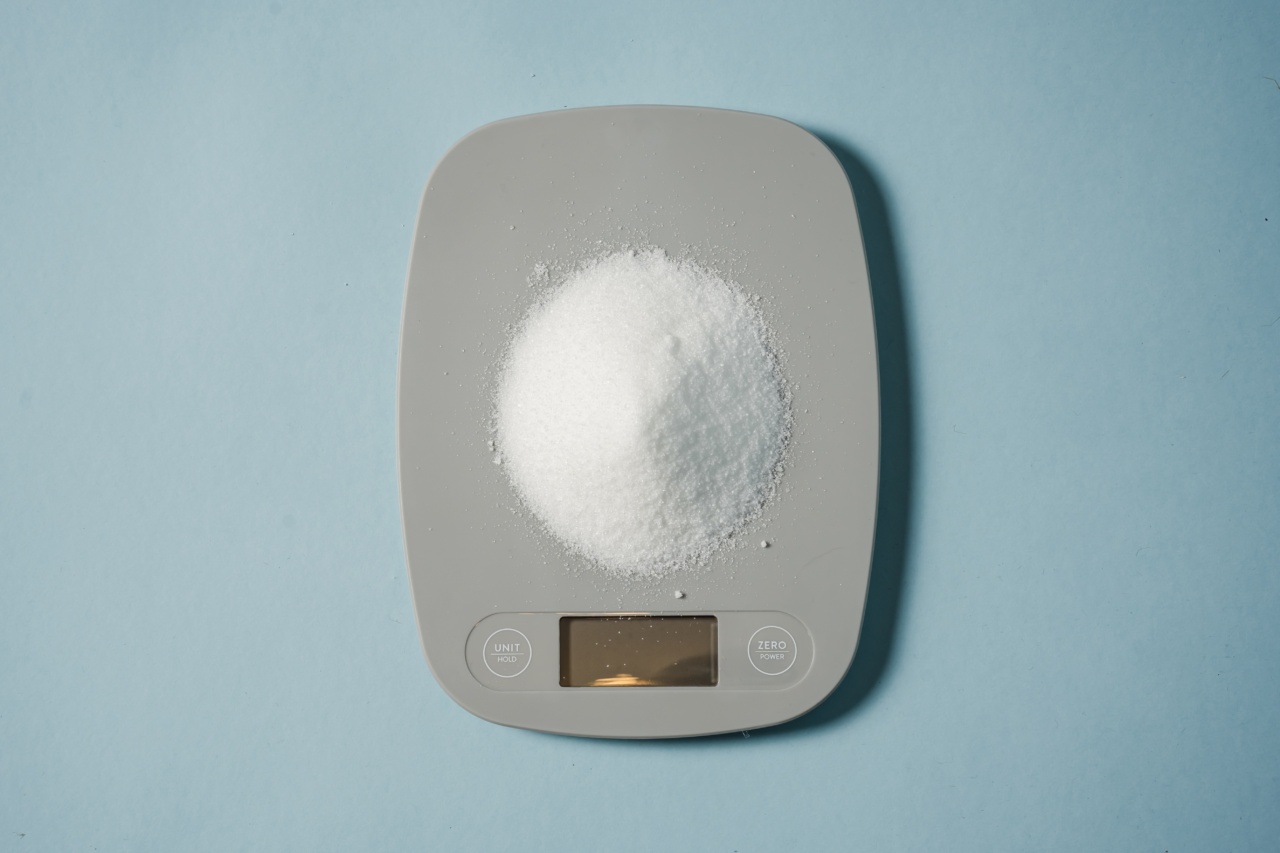Triglycerides are a type of fat found in our blood. They come from the food we eat, specifically from the fats and oils we consume. Having high levels of triglycerides in the blood is a risk factor for heart disease and stroke.
Fortunately, there are steps we can take to keep our triglyceride levels in check. One important step is watching what we eat. In this article, we’ll explore what not to eat in order to keep your triglycerides in check.
What Are Triglycerides?
Triglycerides are a type of fat found in our blood. They come from the food we eat, as well as from our body’s own fat stores.
Triglycerides are important because they provide energy to our cells, but having too many triglycerides in the blood can be a risk factor for heart disease and stroke.
Triglycerides are measured as part of a lipid panel, which also includes measurements of LDL cholesterol, HDL cholesterol, and total cholesterol.
The American Heart Association recommends that all adults get their cholesterol checked once every four to six years, and more often if they have risk factors for heart disease.
What Not to Eat to Keep Your Triglycerides in Check
Here are some foods that you should avoid or limit in order to keep your triglycerides in check:.
Sugar
Sugary foods and drinks can cause a spike in your triglyceride levels. This includes foods like candy, desserts, sugary drinks, and even some breakfast cereals.
To keep your triglycerides in check, it’s best to limit your intake of sugary foods and drinks.
Processed Foods
Processed foods, such as chips, crackers, and baked goods, are often high in unhealthy fats, salt, and sugar. These foods can cause a spike in your triglyceride levels.
To keep your triglycerides in check, try to limit your intake of processed foods and opt for whole foods instead.
Fried Foods
Fried foods are often high in unhealthy fats and can cause a spike in your triglyceride levels. This includes foods like French fries, fried chicken, and fried fish.
To keep your triglycerides in check, try to limit your intake of fried foods and opt for grilled or baked options instead.
Alcohol
Drinking alcohol can cause a spike in your triglyceride levels. This is because alcohol is processed by the liver, and excessive alcohol consumption can lead to the buildup of triglycerides in the liver.
To keep your triglycerides in check, it’s best to limit your intake of alcohol or avoid it altogether.
Saturated and Trans Fats
Saturated and trans fats can raise your LDL cholesterol, which is a risk factor for heart disease. Foods high in saturated and trans fats include red meat, butter, full-fat dairy products, and fried foods.
To keep your triglycerides in check, try to limit your intake of these foods and opt for healthier options, such as lean meats, low-fat dairy products, and foods made with healthy fats like nuts, seeds, and avocado.
White Bread, Pasta, and Rice
White bread, pasta, and rice are refined carbohydrates that can cause a spike in your triglyceride levels.
This is because they are quickly broken down into sugar by the body, which can cause a spike in insulin levels and lead to the buildup of triglycerides in the blood. To keep your triglycerides in check, try to limit your intake of refined carbohydrates and opt for whole grains instead.
Salt
Excessive salt intake can raise your blood pressure, which is a risk factor for heart disease. Some high-salt foods to avoid include processed meats, pickles, soy sauce, and canned soups.
To keep your triglycerides in check, try to limit your intake of salt and choose foods that are low in sodium.
High-Fat Dairy Products
High-fat dairy products, such as cream, butter, and full-fat cheese, can be high in unhealthy fats and can cause a spike in your triglyceride levels.
To keep your triglycerides in check, try to opt for low-fat dairy products or alternatives like almond or soy milk.
Caffeine
Some studies have suggested that caffeine can cause a slight increase in triglyceride levels. However, this effect is typically only seen in people who consume large amounts of caffeine.
To keep your triglycerides in check, it’s best to avoid excessive amounts of caffeine or opt for decaf options.
Conclusion
Keeping your triglyceride levels in check is an important step in reducing your risk of heart disease and stroke.
By avoiding or limiting certain foods, such as sugar, processed foods, fried foods, alcohol, saturated and trans fats, white bread, pasta, and rice, salt, high-fat dairy products, and excessive amounts of caffeine, you can help keep your triglyceride levels within a healthy range.



























